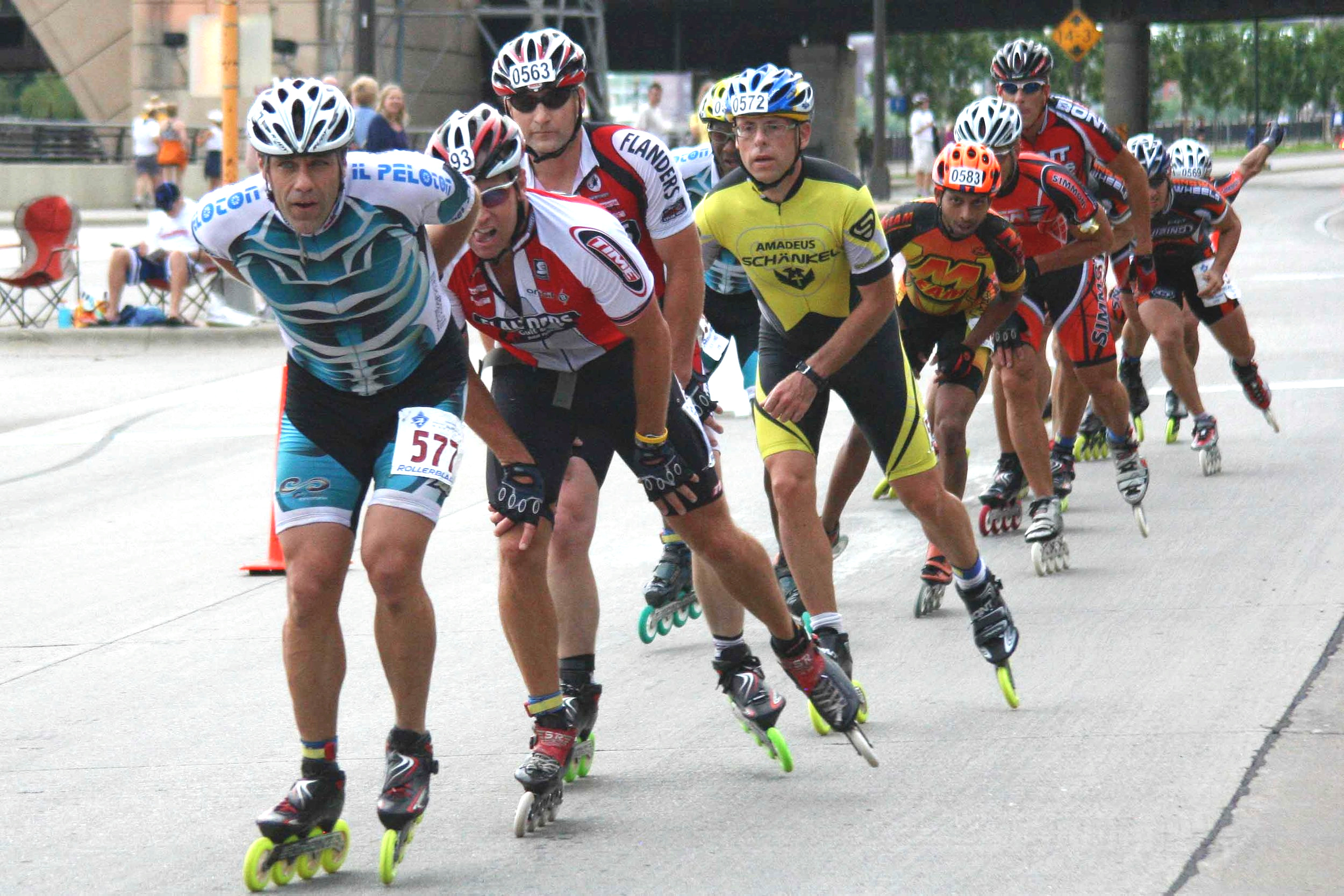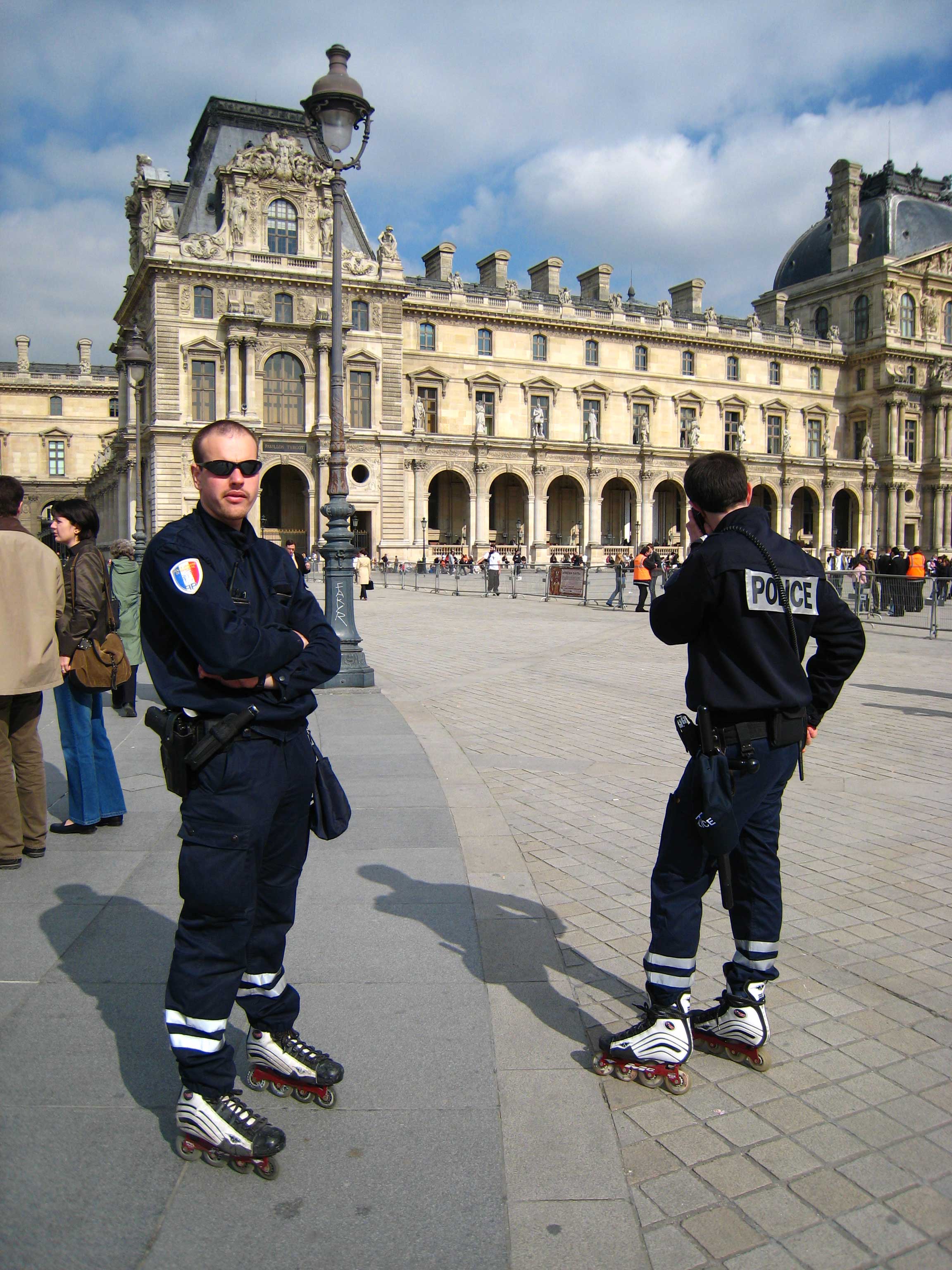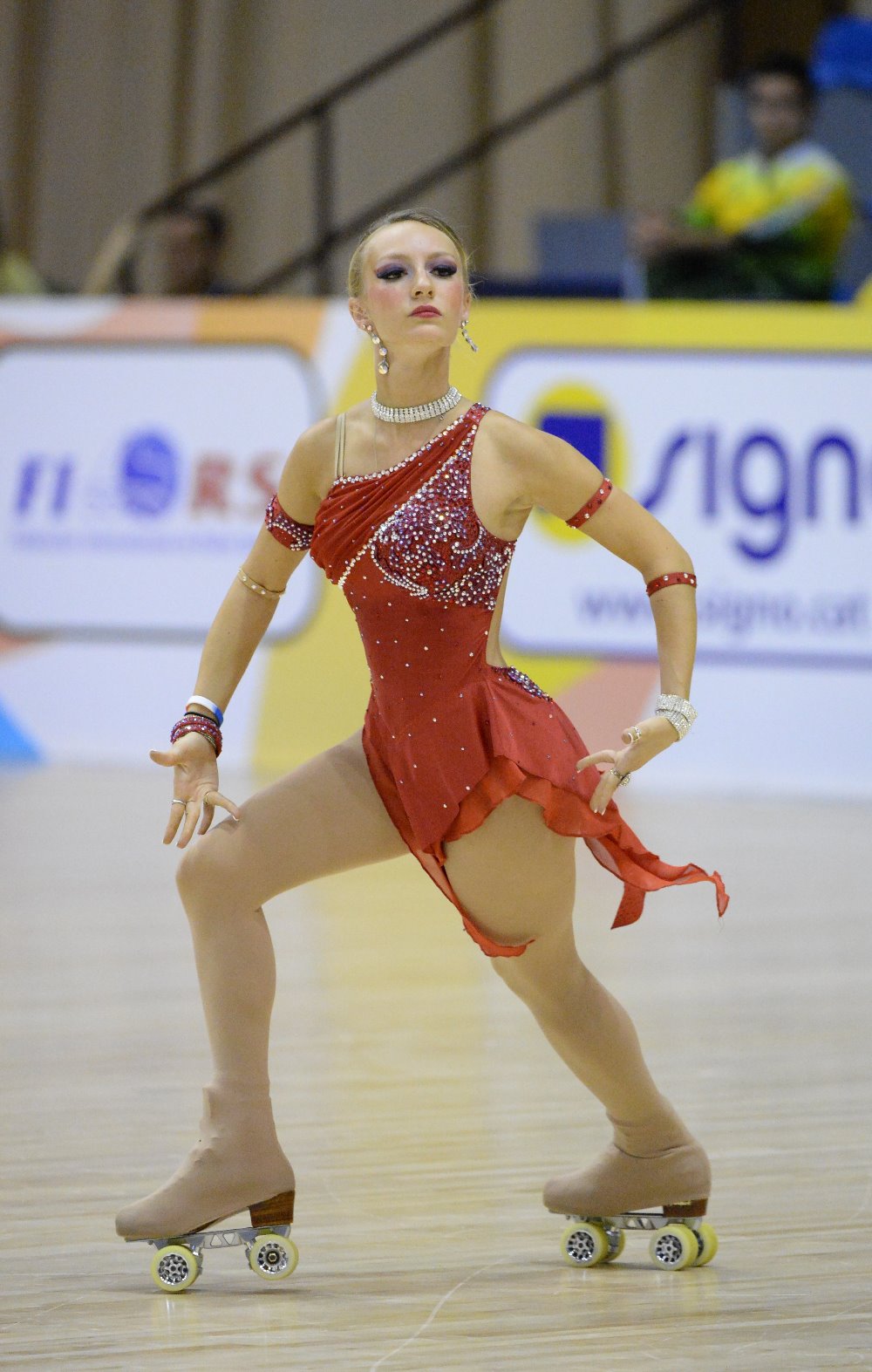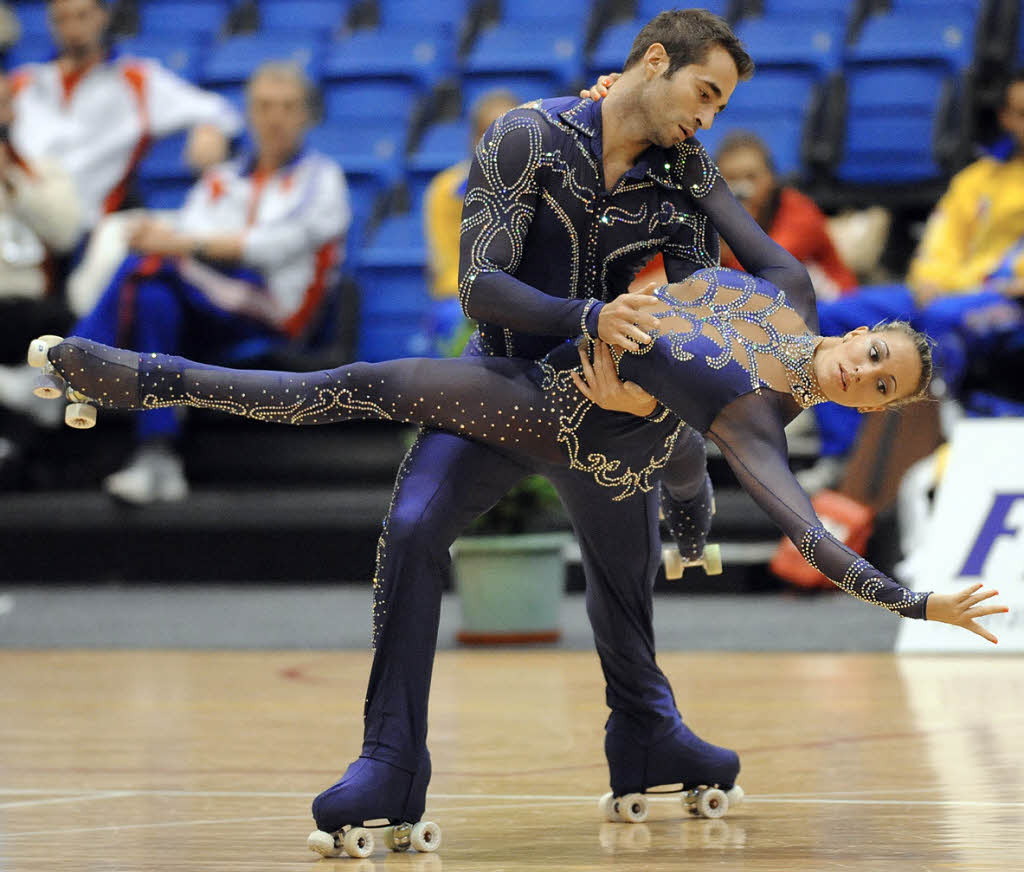Olympic Skateboarding: You Won’t Believe Who’s Running The Show
[Originally published at thekindland.com]
Skateboarding is now an Olympic sport. Hilarious. Maybe it will elevate the status of skateboarding in the minds of those who actually take sports and the Olympics seriously? More likely, I see those people thinking, “Skateboarding’s an Olympic sport? What’s next, hula hooping?” And despite skateboarders’ disdain of the idea, some silly contest once every four years really isn’t that big of a deal. And “drug testing?” That’s also a non-issue because I’ve been given to understand that you have to be a serious stoner to test positive under WADA’s new, more relaxed THC regulations. No, the real story with this announcement is: who is the official governing body of skateboarding?
Skateboarding is not a sport, so it’s never been organized or governed like one. There are no leagues and no championships (no matter how many people are trying to make the case that there are). There have been a lot of groups over the years that have run the various contest series throughout the skateboarding world, and while skateboard contests are fun events, skateboarding isn’t really concerned with contest standings. For one, contests are held in fabricated environments. It’s not “real.” So skaters who do well in contests can often earn the pejorative title of “contest robot.” Conversely, skaters such as Danny Way and Mark Gonzales rarely enter contests, and when they do they don’t always fare that well, yet both Danny and Mark are regarded as two of greatest—if not THE greatest—skateboarders ever. It should also be noted that skate magazines rarely cover contests. In short, competition is certainly an aspect of skateboarding, but success as a skateboarder is measured by different standards than traditional sports, if there are any standards at all.
So it was with great surprise in the late 90s when the skateboard community learned of a peculiar group of roller skaters in Nebraska who claimed to be “the official governing body of skateboarding.”
“Who?” we all said. “The what?”
USA Roller Sports (USARS) is the American coalition of the Federation Internationale de Roller Sports (FIRS) that is located in Europe. FIRS (originally Federation Internationale de Roller Skating) began by promoting roller hockey in Switzerland in 1924 and since then they have become the governing body for all inline and roller skating disciplines: roller hockey, roller derby, inline racing, artistic roller skating (i.e. figure skating), etc., but despite constantly petitioning the International Olympic Committee for years, none of their sports have attained Olympic status. Perhaps due to the declining popularity of roller skating, and the rising popularity of skateboarding, they rebranded themselves by changing “Roller Skating” to “Roller Sports,” and then claimed that skateboarding fell within their jurisdiction. Never mind that no one in their organization has ever ridden a skateboard or knows anything about skateboarding.
“We are the national governing body of all roller sports under the United States Olympic Committee,” Dinah Robins, from USARS, said to me in a 2002 interview. “And technically skateboarding is a roller sport.”
“Technically” they could have decided that stock car racing is a roller sport since those things have wheels and roll, too—not sure why they didn’t because there’s a lot more money in NASCAR than there is in skateboarding. Throughout my interview with Dinah she seemed oblivious to the fact that they were claiming ownership of a discipline they knew nothing about. I likened it to a group of tennis players claiming to be the governing body of golf: both sports play with their balls, but they are vastly different disciplines. Similarly, it doesn’t make any sense to have roller skaters governing skateboarders, or vice versa. Even more troubling is the fact that this organization has been around nearly 100 years and they’ve never succeeded in popularizing any of their own sports.
“Is roller skating even an Olympic sport?” I asked.
“We’re a Pan Am sport,” Dinah said. “We maybe haven’t done the best in promoting our sport. We’ve fallen down on the job in the past. And yes, it appears that we came out of nowhere with all of this. We aren’t trying to offend anyone or anything else, but we failed our sport. We’d like to correct that.” In other words, they’d like to ruin skateboarding also.
“Well, correct it with your own sport and leave us alone,” I said.
And if USA Roller Sports’ motives weren’t clear enough, her answer to my rather blunt question, “What the fuck are you guys trying to do?” should clarify what the fuck they’re trying to do.
“We’re trying to get into the X and Y generation,” she said. “We’re trying to get a piece of what we should have had years ago. We should have stayed up with the trend in roller sports. We didn’t.”
So in response to Roller Sports’ unwelcome intrusion, skateboarding did something it had never done before: it organized. A lot of the major players in the skateboard industry agreed, despite the distasteful and foreign concept of a “governing body,” that skateboarding needed to remain in the hands of skateboarders and protected from outside groups who are motivated by Olympic dreams and, presumably, Olympic money. And so the International Skateboard Federation (ISF) was born.
Full disclosure: I am an Executive Director on the USA Skateboarding (USAS, pronounced “Us Ass”) board, the American branch of the ISF. And while I can’t speak for everyone at ISF, there are some who agree with me: we organized to preserve our disorganization. If there are going to be any decisions made by a “skateboard governing body,” that body should be made up of respected, knowledgeable members of the skateboard community (with a few immature ding dongs like myself thrown in to ensure we keep things stupid), and thus the current list of ISF board and committee members is a who’s-who of the skateboard industry. While some in the group are interested in seeing skateboarding in the Olympics (I, for instance, am interested in designing the uniforms), there are others who are ambivalent or even opposed to the Olympics. As Tony Hawk once said, “The Olympics need skateboarding more than skateboarding needs the Olympics.” We all agree, however, that skateboarding needs to be united to address these kinds of issues.
The Olympics, though, were the catalyst: the IOC and NBC have decided they are going to have skateboarding in the Olympics, no matter what. Because of the success they’ve seen with snowboarding in the winter Olympics, they want skateboarding on TV screens. The games are getting old and skateboarding will attract younger viewers. So the argument from the beginning has been: skateboarding is going to be in the Olympics whether you like it or not, so do you want it run by skateboarders or roller skaters?
Unfortunately, after the ISF spent years trying to woo the IOC and jumping through all their hoops in order to become a recognized federation, the IOC has decided to split the responsibility and created a “commission” for the Tokyo games in 2020 consisting of the International Skateboard Federation and Federation Internationale de Roller Sports. FIRS appears to have earned the title of “Official Governing Body Of Skateboarding” while the ISF says it was “established to provide direction and governance to the sport of skateboarding worldwide.” While skateboarding is represented in this commission, it’s far from an ideal arrangement because the title of “Official Governing Body” was awarded to the other guys.
“In the end, there was no way for our group to be recognized,” said Neal Hendrix (former pro skater and Chair of the ISF’s International Events Committee) in a recent interview on TheGoodProblem.com. “Even though we dotted every ‘i’ and crossed every ‘t,’ the groups that would do the recognitions—the IOC, SportAccord, and all the groups in Europe—would never recognize us because there was already a member organization in their group that claimed our sport [FIRS]. They said, ‘We are willing to give the ISF control of the Olympic Games, but you’re going to have to partner with [FIRS].’ Then we had the option of walking away. But we realized if skateboarding walks away, then we hand the Olympic Games and what skateboarding looks like to a billion people to this group that’s never done skateboarding or skateboard events.”
I had the opportunity to speak with the President of FIRS, Sabatino Aracu, via email last week. My first question was, again, whether anyone at FIRS rides a skateboard or has any kind of background in skateboarding? “Do you, President Aracu, for instance, know which way you skate: are you goofy or regular footed?”
“Obviously,” Aracu said, “within the FIRS we have technical committees for all disciplines, consisting of people who deeply understand their discipline. Today, the skateboarding committee is led by Titus Dittmann. I never practiced skateboarding, so I cannot tell you if I am goofy or regular, but I never practiced figure skating either. I have been a speed skating athlete on quads, but my days as an athlete are long gone. Now my task is to be the President of the International Federation and take care of the promotion and diffusion of all disciplines that are under the FIRS umbrella in full respect of the athletes.”
I also asked him about the historical riff between skateboarders and rollerbladers. Skateboarders do not like rollerbladers—they appropriated skateboard culture and got in the way at spots (sort of like people trying to play badminton in the middle of a basketball game)—and there was, for a time, a turf battle of sorts going on, which, in the end, skateboarding won because the popularity of rollerblading has since dropped way off. It’s bad enough that someone other than a group of skateboarders is the governing body of skateboarding, but it’s absolutely nauseating that it’s a group of rollerbladers. “Doesn’t it make more sense,” I asked Aracu, “for the actual participants of Sport X to be the governing body of Sport X?”
“Concerning the relationship between skateboarders and rollerbladers,” President Aracu replied, “I honestly do not understand and I do not see a reason for such a riff: everyone has its own culture and its own uniqueness. As multidisciplinary International Federation, for years we have managed different disciplines without disagreements simply because we guarantee and respect culture, autonomy, and individuality of each discipline. The role of a manager transcends the specific technical skills inside the international federations.”
The problem is, as I’ve said, the title of “Official Governing Body Of Skateboarding,” which has consequences far beyond the Olympics. While sports are almost entirely privatized in the US, the rest of the world has government sponsored sports programs. And the groups that receive that funding to help promote their sport and build facilities and whatnot are commonly the governing bodies that are officially recognized by the IOC. That means if a country such as Australia decides they would like to promote activities to battle an obesity epidemic among their youth, and they determine that skateboarding is among the sports they wish to throw money at to help reverse this problem, then they’re going to start looking around for a mature, responsible group that represents skateboarding. “Hey, FIRS is the Official Governing Body Of Skateboarding as recognized by the International Olympic Committee. Let’s give this group $400 million to create an athletic program that includes skateboarding.” And that’s exactly what happened in the early 2000s: the Roller Sports people, who were already cozy with the Australian government, slid right in and were awarded $400 million. And, as everyone expected, a group of roller skaters trying to manage skateboarding created a giant mess. Because why would you give the job of developing a country-wide skateboard program to a group that has zero experience with skateboarding? It’s like hiring a florist to fix your roof.
This is why skateboarders should be concerned about this announcement: a group of roller skaters is in a position to be making important decisions about the future of everyday skateboarding. Who knows, maybe this will all work out? But if their actions in Australia are any indication of what they plan to do, they certainly helped their own people, but did little for skateboarding. Nepotism is, after all, the Olympic way.
I can imagine all kinds of scenarios. They could, for example, be consulted by some government to help write skateboard safety guidelines for that country, and recommend helmet laws—an issue that skateboarders have been battling for years. They could be asked to draw up skatepark building codes (city governments love codes), and maybe they’ll contract with a playground manufacturer who builds tiny, modular, plastic ramps to help write those codes (the playground industry has, in fact, already tried to do this). In short, they have no relationship with the skateboard industry, so we have no idea what they’re going to do or who they’re going to choose to fill their cabinet. And your average government official doesn’t know anything about skateboarding and doesn’t care: he/she just wants their community issues fixed. So if the International Olympic Committee says that Roller Sports is the world’s leading authority on skateboarding, who’s going to question that endorsement?
The IOC wants to change the look of the games, but they don’t really want to change. Much like ESPN did with the XGames, they want to include skateboarding, but they don’t want skateboarding, they want a sport. Trying to force skateboarding to fit into their archaic, bureaucratic environment of federations, and commissions, and medals, and Us vs. Them, is as absurd as conversion therapy is to gay people. My only hope is that the skaters who enter the Olympics do what skaters do best: fuck shit up.
“My silver-lining tendencies lead me to ask,” said Kevin Wilkins of TheGoodProblem.com, “won’t it be sweet to see how skateboarding changes the culture of the IOC or the culture of international sports? Skateboarding disrupts whatever it’s part of … Wouldn’t it be sweet if this scrappy little art project taught the rest of the world how to have a good time?”
While all this nonsense is the concern of a tiny subculture that is passionate about a stupid wooden toy, it’s interesting to watch because this is exactly the same thing that is happening to the cannabis industry: there are people and groups who are positioning themselves to be making decisions about something they have zero experience with. Maybe Roller Sports will be the ones who end up writing cannabis legislation?
Now if you’ll excuse me, I have to get back to designing my USA Olympic skateboarding uniform.




